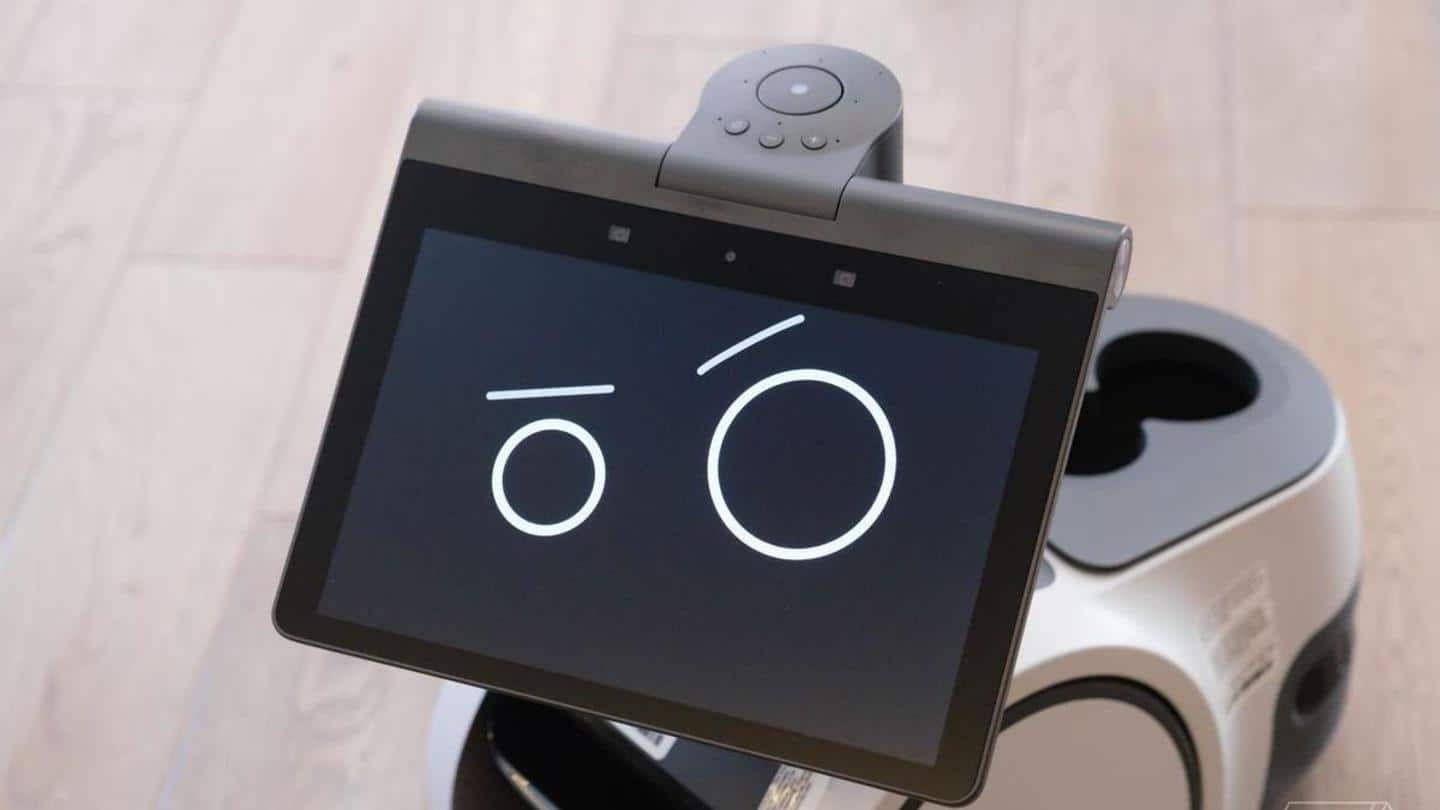
Here's why security researchers think Amazon's Astro bot isn't safe
What's the story
Amazon has been known to use robots at its warehouses for years. Last month, the company released a cute-looking robot for consumers called Astro.
While Astro could serve you beverages, OTT entertainment, and facilitate video calls, privacy advocates and security experts have voiced concerns that Amazon could use Astro's cuteness to push sales and mine invaluable personal data.
Here's everything you should know.
Meet Astro!
Astro is Amazon's new Alexa-enabled home surveillance robot
For the uninitiated, Astro is a $1,000-worth Alexa-enabled home robot that Amazon unveiled at its annual hardware event on September 28.
According to CNBC, Amazon's SVP David Limp said Astro started life as a security-centric robot that "evolved to cover much more."
Astro's capabilities include integration with Ring security devices, controlling smart home devices, and the Alexa Guard feature that flags home break-ins.
Concerns
The EFF voiced its concerns about Astro
The Electronic Frontier Foundation's policy analyst Matthew Guariglia said, "One of my big fears about this new wave of technology that unleashed this week is that it will introduce more full-scale data harvesting."
"Who knows what data they could harvest from a robot that travels around your home?" he added.
In retrospect, these concerns are valid and justifiably so.
Intercepted
Data security concerns arise because Astro can be controlled remotely
Amazon didn't mince words when it claimed Astro was designed as a surveillance bot that could keep a tab on the goings-on at your home.
However, Astro can be controlled remotely via a companion app that can access Astro's cameras and mics.
Security concerns arise because the data stream between Astro and its app could be intercepted by bad actors and used maliciously.
Can of worms
Big Tech's track record handling sensitive user data isn't great
Even if Amazon secures the aforementioned data stream, additional privacy concerns stem from the fact that Big Tech companies aren't particularly careful handling sensitive user information. This has been demonstrated by the several data leaks and high-profile scandals over the years.
A home robot like Astro would have access to a lot more information than just your online browsing history advertisers chase after.
Subconscious
Is Amazon tapping into users' want for a cute bot?
As The Verge rightly noted, nobody is begging to have surveillance robots crawling around their home, but with its cute on-screen eyes, diminutive form, an adorable name, the public would "pay for the privilege."
Moreover, Astro appears to be more useful (and cuter) than the Anki Vector. The latter had few functionalities and did almost nothing save push and stack cubes on a surface.
Pilot project
Astro's sticker price is expected to climb following wider release
For now, Astro appears to be Amazon's idea of a pilot test for whether or not consumers are comfortable with having an autonomous bot whizzing around their house.
Currently, the robot is available by invitation only at its current price of $999.99. When it launches for the general public, its price is expected to jump to $1,450.